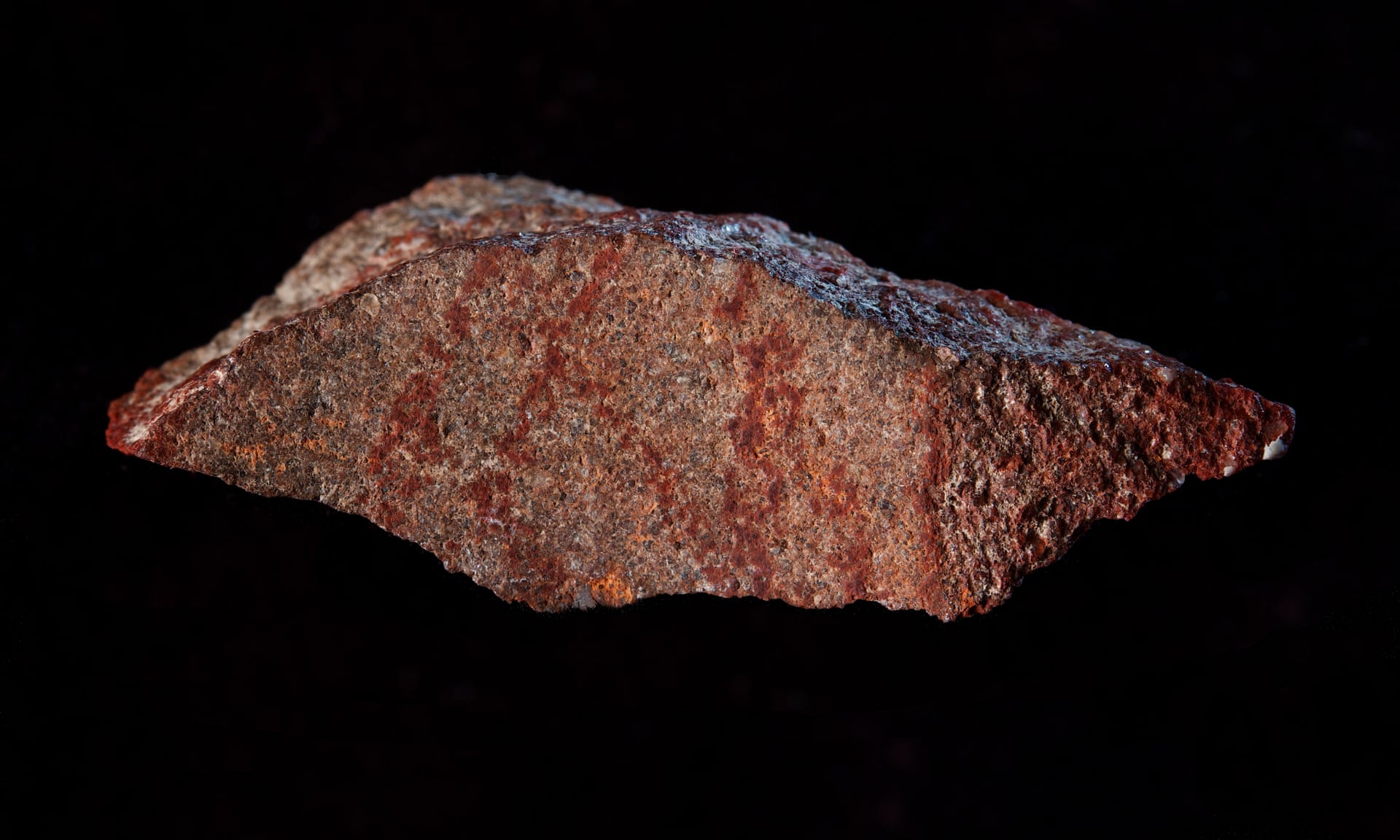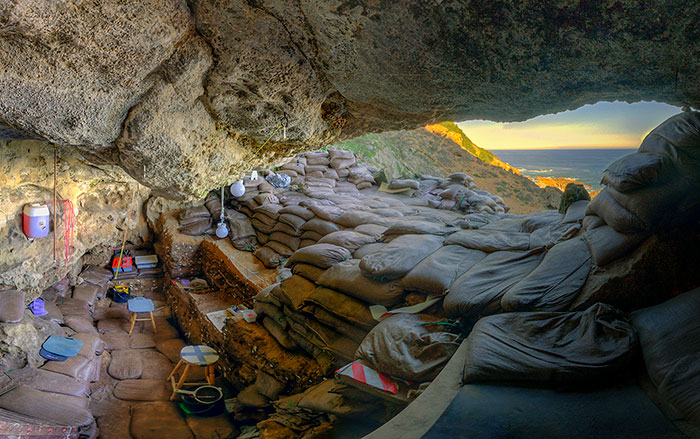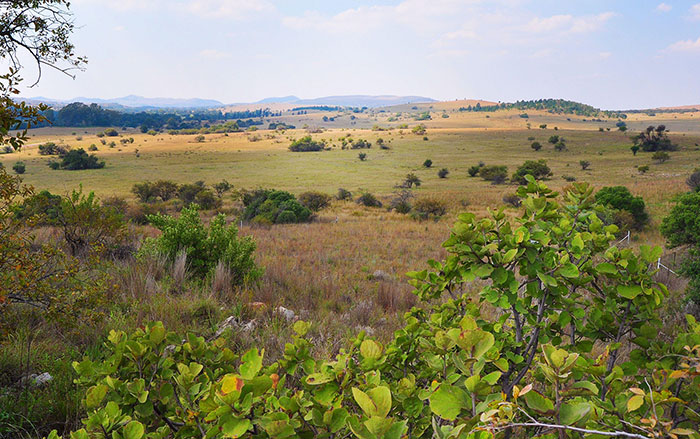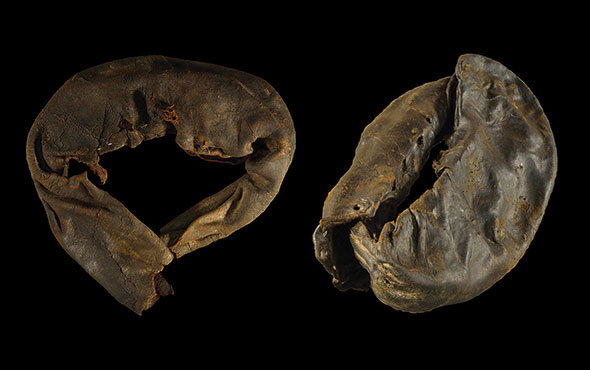
BERGEN, NORWAY—An international team of researchers led by Christopher Henshilwood of the University of Bergen have concluded that the red marks on a small stone fragment recovered from South Africa’s Blombos Cave were made by a human with a piece of ochre some 73,000 years ago, according to a report in The Guardian. Because the six thin lines crossed by three additional lines end abruptly at the edge of the stone, the scientists think they were part of a larger design on a grindstone cobble that helped process ochre rocks into powder used to make paint. Microscopic examination and experimental reproduction of the design revealed that some of narrow the lines had been made with single strokes of an ochre crayon, which must have been hard and pointed, while others were made with a rubbing motion. “When we reproduced the lines, you have to have a very firm hand and have to apply the ochre quite determinedly to make them look like that,” Henshilwood explained. Similar designs have been found in places across the world, including Australia, France, and Spain, he added, but archaeologists do not know what they might have meant to the people who made them. For more on early examples of artistic expression, go to “The First Artists.”











